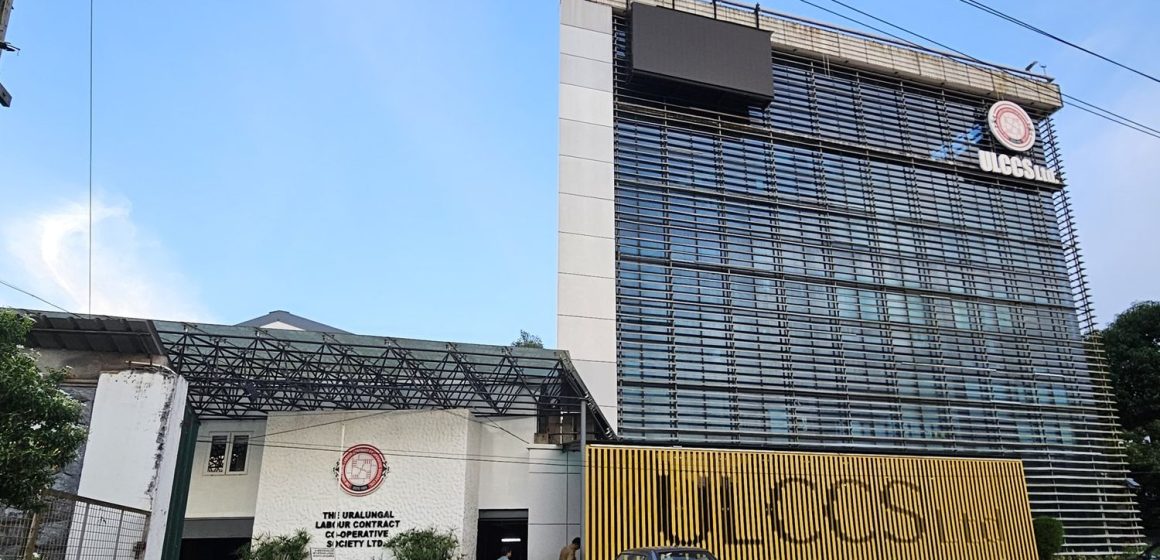Since its inception in 1925, ULCCS has delivered more than 7,500 projects spanning public works, highways, and education, and has diversified into IT and ITeS, tourism, material testing, skilling, agriculture, and residential development.
In a landmark recognition of India’s cooperative movement, the century-old Uralungal Labour Contract Co-operative Society (ULCCS) Ltd, a diversified infrastructure developer from Kozhikode, Kerala, has been designated a ‘Global Cooperative Cultural Heritage Site’ by the International Co-operative Alliance (ICA).
The announcement was made on November 13 at the Itamaraty Palace in Brasília, headquarters of Brazil’s Ministry of Foreign Affairs. ULCCS joins the Dr Verghese Kurien Museum of Amul in Anand, Gujarat, as one of 31 sites of global significance—with seven located in Asia—to the cooperative movement.
Founded in 1925, ULCCS is Asia’s largest labour co-operative and the second largest co-operative in the industries and utilities segment. Since its inception, it has completed more than 7,500 projects, ranging from public works and highways and education. ULCCS has long been a trusted partner for Kerala’s state government departments, including finance, cooperative, local self-government, labour, and the Public Works Department (PWD). Over time, it has diversified into IT and ITeS, tourism, material testing, education and skilling, agriculture, and residential development.
The ICA also launched the Cooperative Cultural Heritage Platform, showcasing how cooperative movements have shaped culture, education, and livelihoods across generations. The initiative aims to safeguard and celebrate the cooperative movement’s living cultural legacy.
Ariel Guarco, President of ICA, said, “Cooperatives are not only enterprises; they are bearers of culture, history, and identity. With this global map, we celebrate cooperation as humanity’s shared heritage, linking people and communities through solidarity and self-help.”
The inaugural 2025 edition highlights heritage sites from 25 countries, including Rochdale in the UK (birthplace of the modern cooperative movement), the Monumento ao Cooperativismo in Brazil, the Federation of Southern Cooperatives in the US, Moshi Co-operative University in Tanzania, and the ILO Cooperative, Social and Solidarity Economy Unit in Switzerland.
Cooperative Heritage Map
Together with the platform, a map of the world’s cooperative cultural heritage sites was also released on the occasion. The map has been curated by ICA Members, the Organisation of Brazilian Cooperatives (OCB), and the National Cooperative Development Corporation (NCDC) of India, through close collaboration with the ICA Global Office.
Márcio Lopes de Freitas, President of OCB, noted, “These sites are living classrooms of solidarity. They show that cooperation is both history and horizon, a cultural force that continues to build fairer societies.”
Pankaj Bansal, Managing Director of NCDC, added, “I am delighted to share that NCDC has partnered on the technical front in developing this global platform and website, contributing to the documentation and showcase of the timeless legacy of cooperation for the world to see.”
The ICA Cooperative Cultural Heritage Programme is a global programme to identify, document, and safeguard cooperative heritage worldwide, both tangible and intangible. Led by the ICA Global Office in Brussels with mentorship from OCB (Brazil) and technical partnership with NCDC (India), it seeks to integrate cooperative heritage into the global cultural and developmental agenda.


